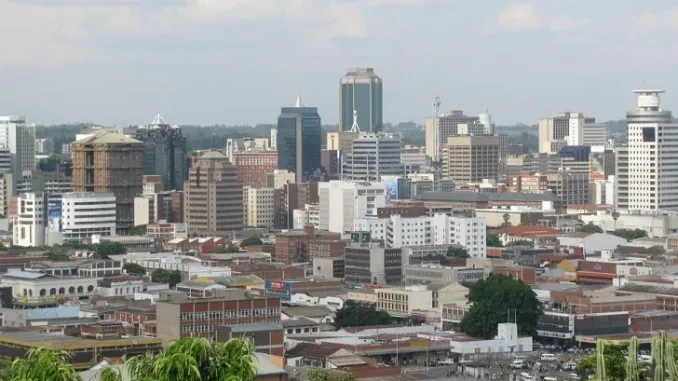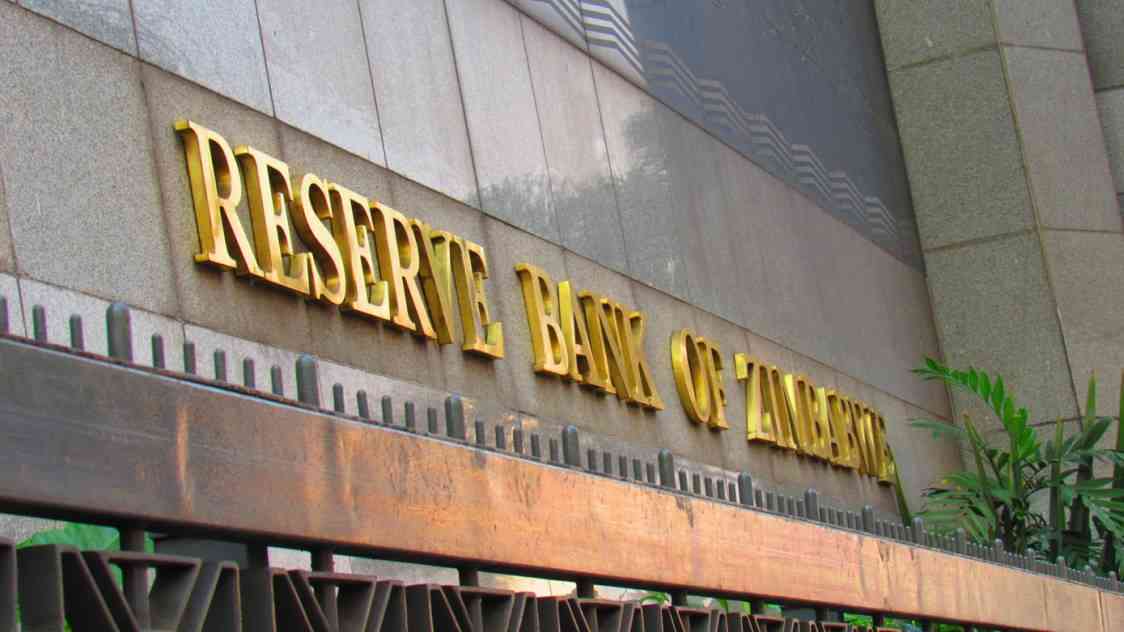
Dollars now attract a premium of 80% on real time gross settlement (RTGS) as the currency becomes scarce. This comes at a time companies are getting at least 30% of their foreign currency requirements from the parallel market.
By Tatira Zwinoira
This has raised fears of an increase in prices, as companies pass on the costs to consumers. NewsDay (ND) business reporter, Tatira Zwinoira interviewed financial expert Persistence Gwanyanya (PG) over what potential impact these changes have. Below are excerpts:
ND: Are these premiums sustainable at 80%?
PG: It is not, it is definitely not sustainable. Why it is not sustainable is because the country is import-dependent, so we need more foreign currency to meet our import requirements and, as such, the increase in the premiums will be factored in the costs of the final product that we sell in Zimbabwe, and that is inflationary. There are no two ways about it, it will cause inflation.
It means that the 80% you are talking about is going to be factored into the final product, which will cause inflation. If this situation is allowed to go unchecked, it will be inflationary and it will be very unfortunate that we will be forced into early de-dollarisation because of this thing.
ND: What is really happening in the banking sector over the issue of forex?
PG: What used to happen in the banking sector is that banks would allocate foreign currency for different uses until recently. Now, the Reserve Bank of Zimbabwe (RBZ) is now taking the bulk of foreign currency allocations.
- Chamisa under fire over US$120K donation
- Mavhunga puts DeMbare into Chibuku quarterfinals
- Pension funds bet on Cabora Bassa oilfields
- Councils defy govt fire tender directive
Keep Reading
But, you will find that because of shortages banks would not escape this whole conundrum untouched to an extent that they would have also contributed to the challenges. It is only natural that when there are challenges they are bound to create some arbitrage opportunities, so the allocation of cash would ordinarily be biased, so you cannot rule out corruption in the allocation of cash. We cannot rule out that this is happening.
ND: Are we saying that there is very little foreign currency in the country, when a bank like Stanbic Bank requires one to apply to do an online transaction of as little as $5?
PG: The fact is foreign currency is increasingly becoming scarce in the country. People are no longer willing to trade their foreign currency and because of that the allocations at banks are also inadequate to take care of the requirements of our import-dependent nature as a country.
That scarcity has led to some unruly and rogue elements in the banking sector, who have taken advantage of that to further their rent-seeking activities. It means they will then be allocating foreign currency on the basis of the return that they will get from the other parties benefitting in terms of the allocations. This happens whenever there is a challenge.
The RBZ should actually extend its regulatory arm to monitor what is happening in the banks to ensure that there is sanity in the banking sector.
But, those things are only symptoms of a deeper challenge which underlies the whole monetary system that foreign currency is getting scarce from both the supply and demand side factors.
ND: So what would you want to advise the RBZ in that case?
PG: Well, the thing I would like to advise the central bank is in respect of importing cash, there may not be a need to import. Like the central bank has always said: “We would want to import lower denominations of $1 and $2, which are very difficult to trade on the market, because as we speak right now if you got $1 or $2 you are unlikely to get a premium on that one.”
Why can’t they import $1 and $2? I know there is a cost element, but the long-term effect is that it will be traded in the economy, it will exchange hands in the economy because people do not differentiate between a $2 bond and $2 United States dollar note. Naturally, we will not differentiate and will exchange that money.
But, if they import $10 or $20 people will hold on to that money and they do not trade it or use it for purchases, but to trade the money itself.
So why can’t the reserve bank not reduce its importation of cash, leave it for nostro and settle payments for imports? We have got genuine invoices to pay outside the country and it is better that way. Whatever they import should be strictly on smaller denominations.
ND: Is that because on a smaller denomination it will be harder to put a premium?
PG: It will be harder because on smaller denominations you cannot put a premium on $1 and it is also harder to externalise, I think that should be implemented by the central bank.
ND: Otherwise we risk going into hyperinflationary mode?
PG: That is a real risk, but we do not want to get there because we thought dollarisation was going to take care of that, but it is manifesting in a different and unexpected way. We may fail to realise the benefits of dollarisation and be forced out of this dollarisation.
I think these are some of the things we should be working on.
The bigger picture is that we do not have foreign currency, but what is disturbing is that whilst there are reported improvements in respect of the inflows of foreign currency, it does not reflect on what is happening on the ground.











